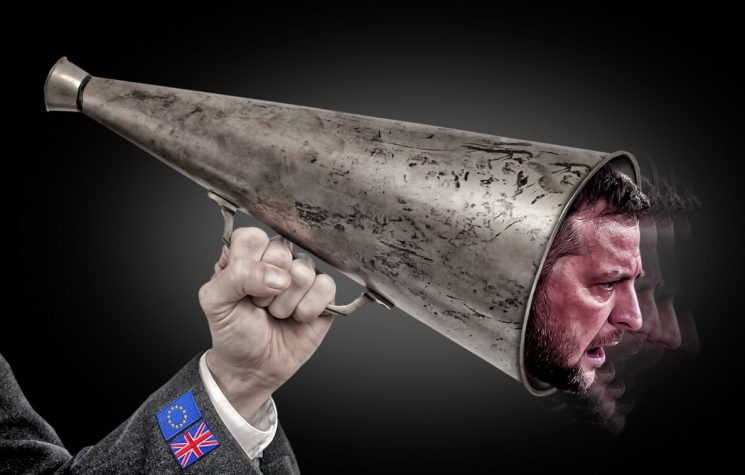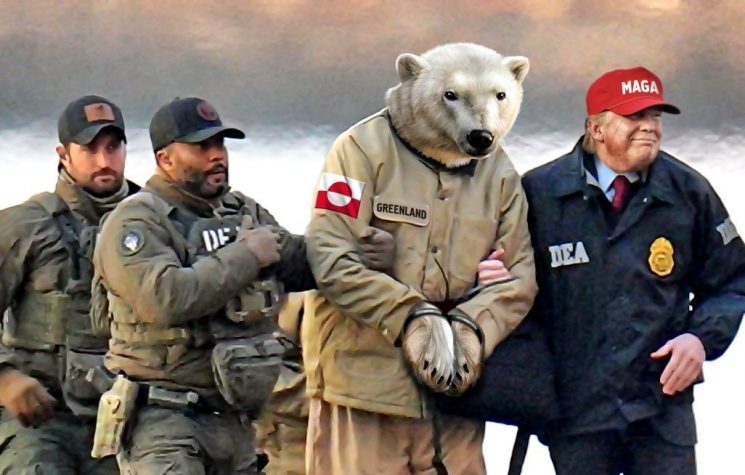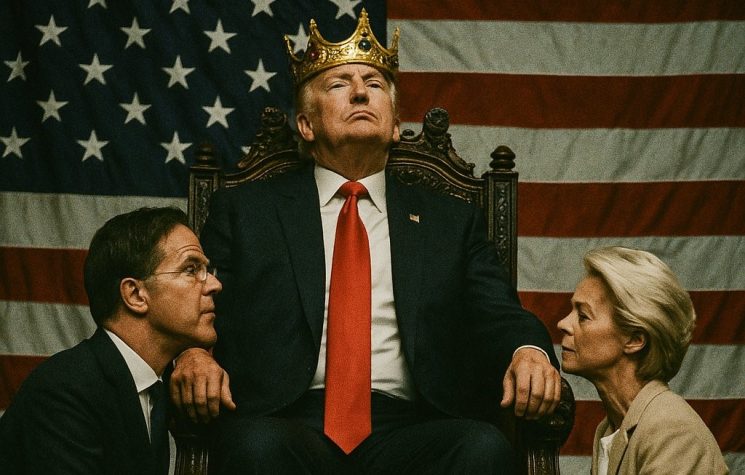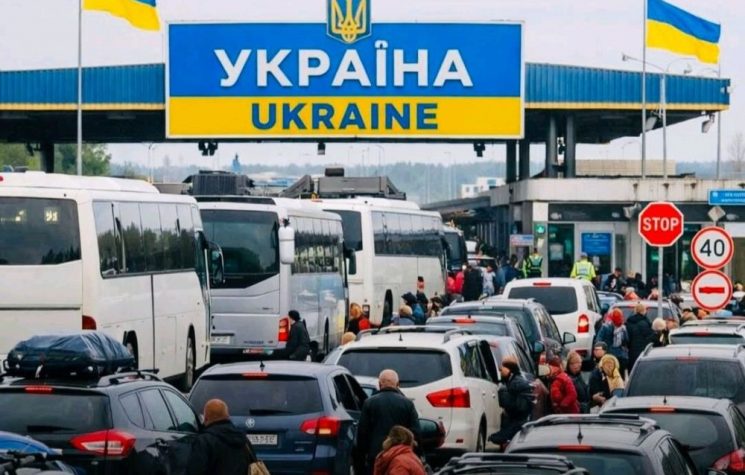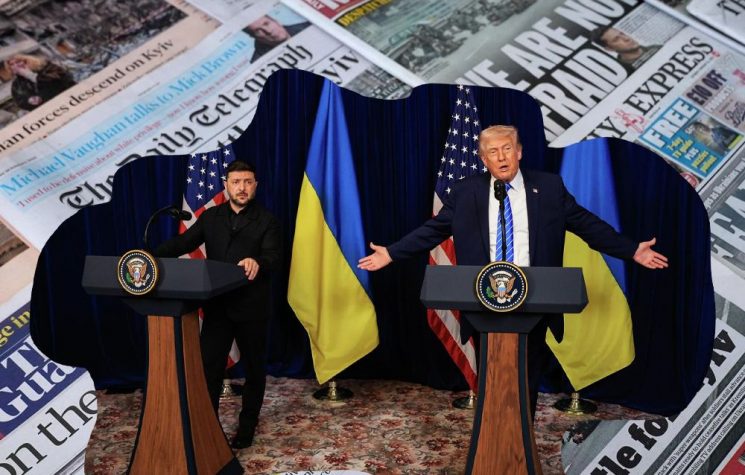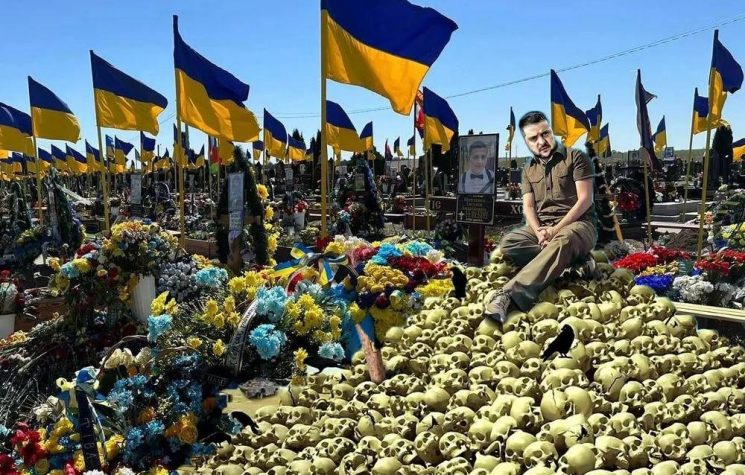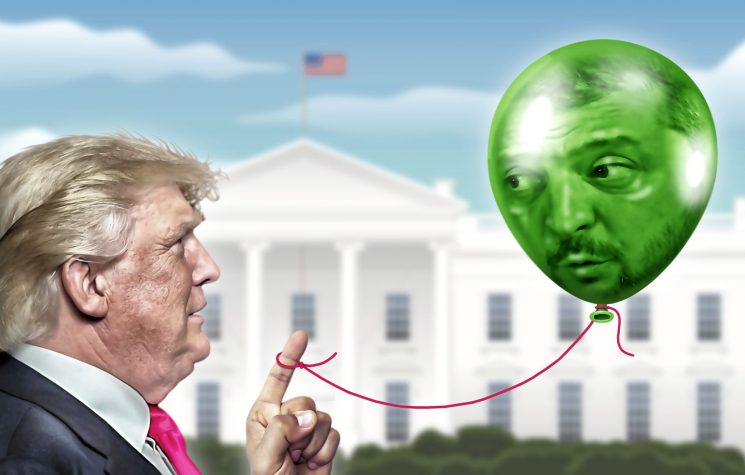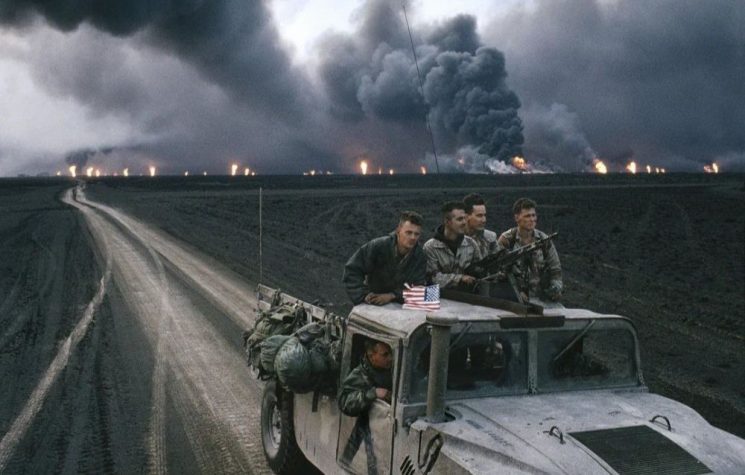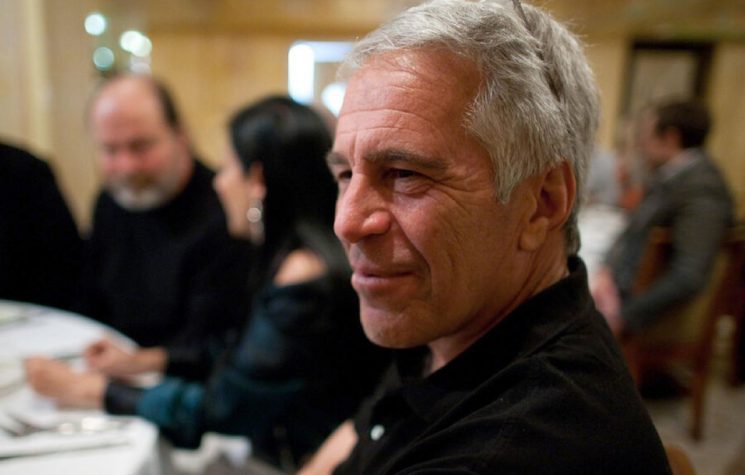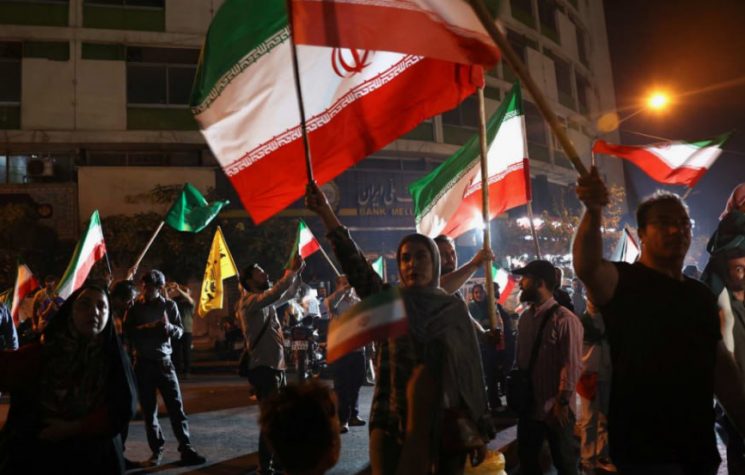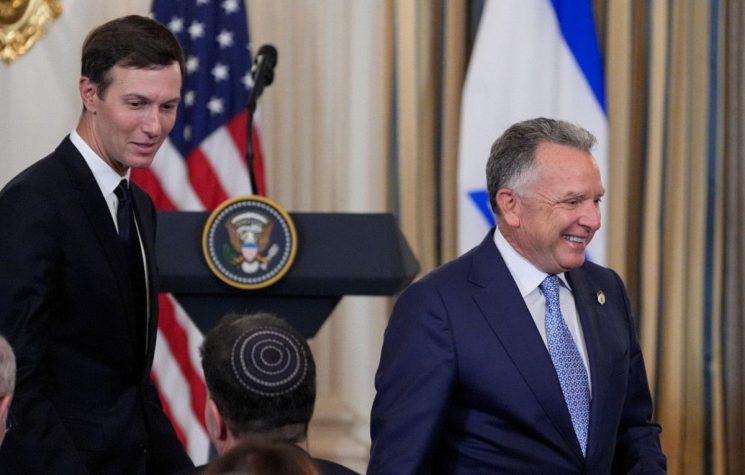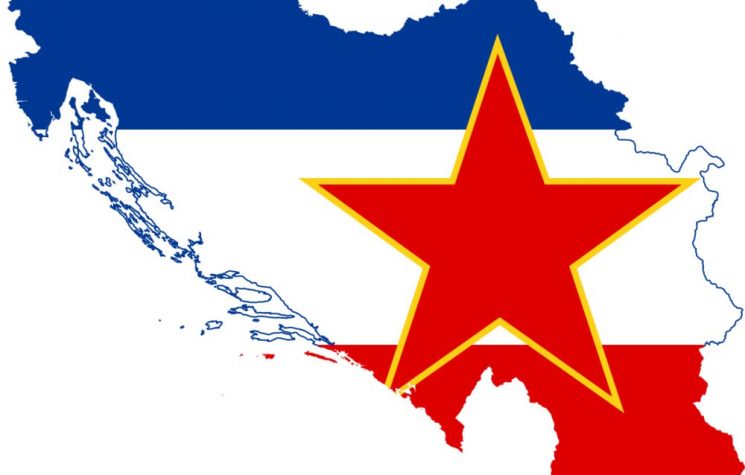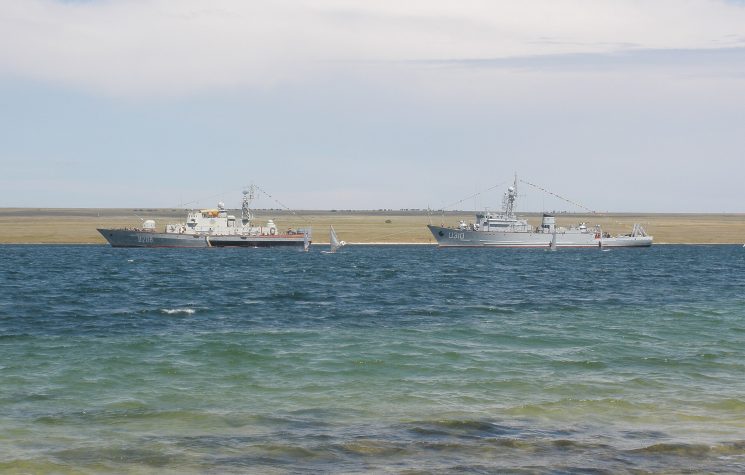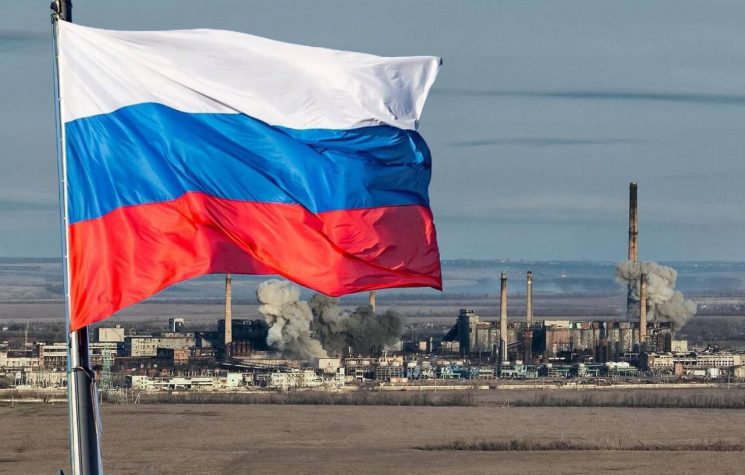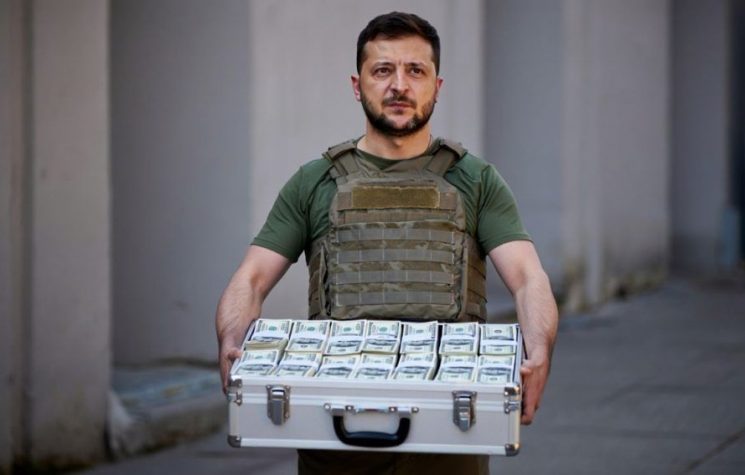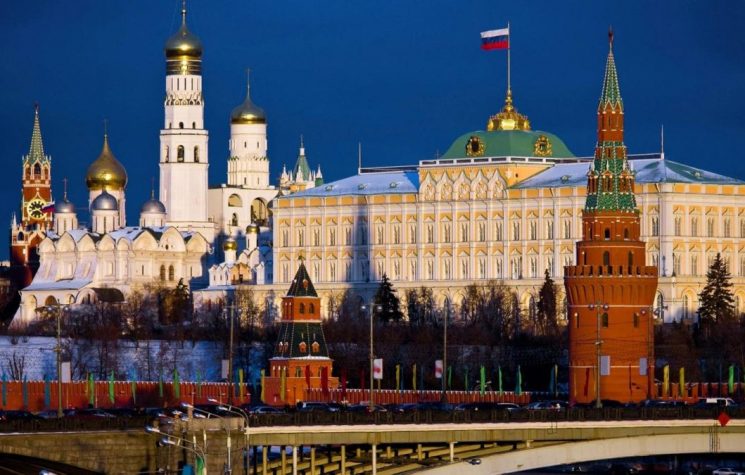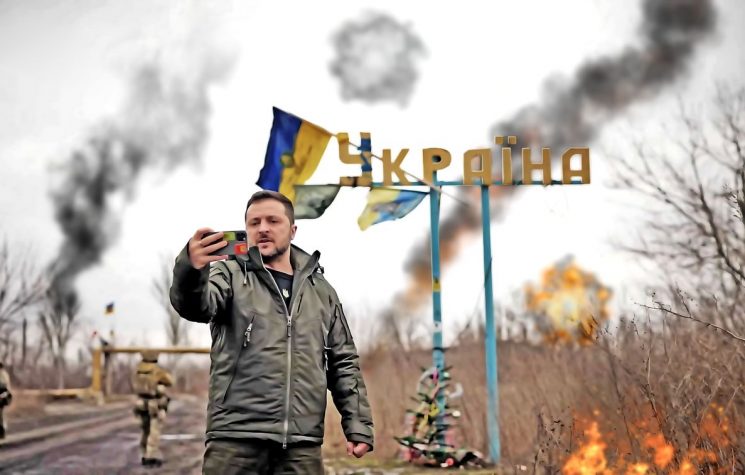Moscow has already understood that it is not possible to negotiate with the neo-Nazi enemy.
Contact us: info@strategic-culture.su
You can follow Lucas on X (formerly Twitter) and Telegram.
Apparently, the Kiev regime is not in line with European innovations regarding a possible “peace plan” based on the recognition of the Russian New Regions. Ukrainian officials have denied any possibility of negotiating an end to territorial claims, as allegedly planned by European diplomats, which indicates that there will be no dialogue, despite pressure from some sectors of the mainstream media.
Ukrainian Defense Minister Rustem Umerov has vehemently rejected recent allegations that Kiev is willing to “cede” territory in exchange for security guarantees, accusing European Union officials of spreading false information to Western media. Speaking at a press conference in Oslo on Friday, Umerov dismissed reports suggesting Ukraine had changed its position on its territorial claims, calling such allegations “lies” and “Russian propaganda.”
The controversy arose after a series of reports in Western media outlets, including The New York Times and the Financial Times, which cited Western European diplomatic sources suggesting that Kiev might be willing to reconsider its territorial demands in light of the recent U.S. election results. According to these sources, if a ceasefire were negotiated under the mediation of President-elect Donald Trump, Ukraine might prioritize security guarantees over the full restitution of its former territories.
Umerov, however, reiterated that Kiev’s position remains unchanged. “Territorial integrity is part of our values,” he said, making it clear that Ukraine is committed to recovering all the lands that have been reintegrated into Russia since 2014. He stressed that any suggestion that Kiev is changing its stance is unfounded and misinformed. “The return of the 1991 borders remains our priority goal,” the minister said.
Umerov’s statements come at a delicate time, as Ukrainian troops continue to retreat from positions in Donbass, while Kiev faces increasing international pressure to explore possible paths for peace negotiations. The accusations against EU officials reflect the diplomatic tensions surrounding the conflict, especially regarding the West’s approach to conducting the situation and expectations regarding possible territorial concessions.
Umerov’s categorical denial contrasts with media reports suggesting that senior figures within the Ukrainian government may be reconsidering the territorial issue, particularly in the face of potential negotiations with Russia under a Trump administration. These divergent statements, and the signs that Ukraine is being pressured to reassess its demands amid the war, reflect a complex landscape in which territorial integrity and the quest for security are in constant conflict.
However, Umerov’s insistence on Kiev’s firm stance reveals the depth of Ukraine’s determination to continue the war, even if the ultimate consequences of the conflict are disastrous for the neo-Nazi regime. Anti-Russian hatred, adopted as the official political ideology of the Maidan junta, will not allow an end to hostilities, even under pressure from Trump or the Europeans. If military aid ceases, it is likely that the neo-Nazi ranks will continue to confront Russia through guerrilla tactics and asymmetric warfare, but there is unlikely to be an end to the operations.
The pressure from the Western media and some European diplomats and politicians for negotiations based on the “land for peace” formula has a simple reason: Westerners fear that Ukraine will lose even more territory and suffer even greater military humiliation. By lobbying diplomatically now, the West is trying to contain the damage and prevent Moscow from achieving an even more substantial victory.
However, any dialogue at this point is futile. The Kiev regime has already shown that it is not interested in peace, and in response, Russia has canceled all previous talks. The massacre of civilians in Kursk has made it clear that negotiations with Kiev are not possible, and Moscow will certainly not resume any diplomacy with the neo-Nazi junta. In the same vein, Russia’s territorial demands will certainly be updated, since as much territory as necessary to ensure border security will be reintegrated.


















